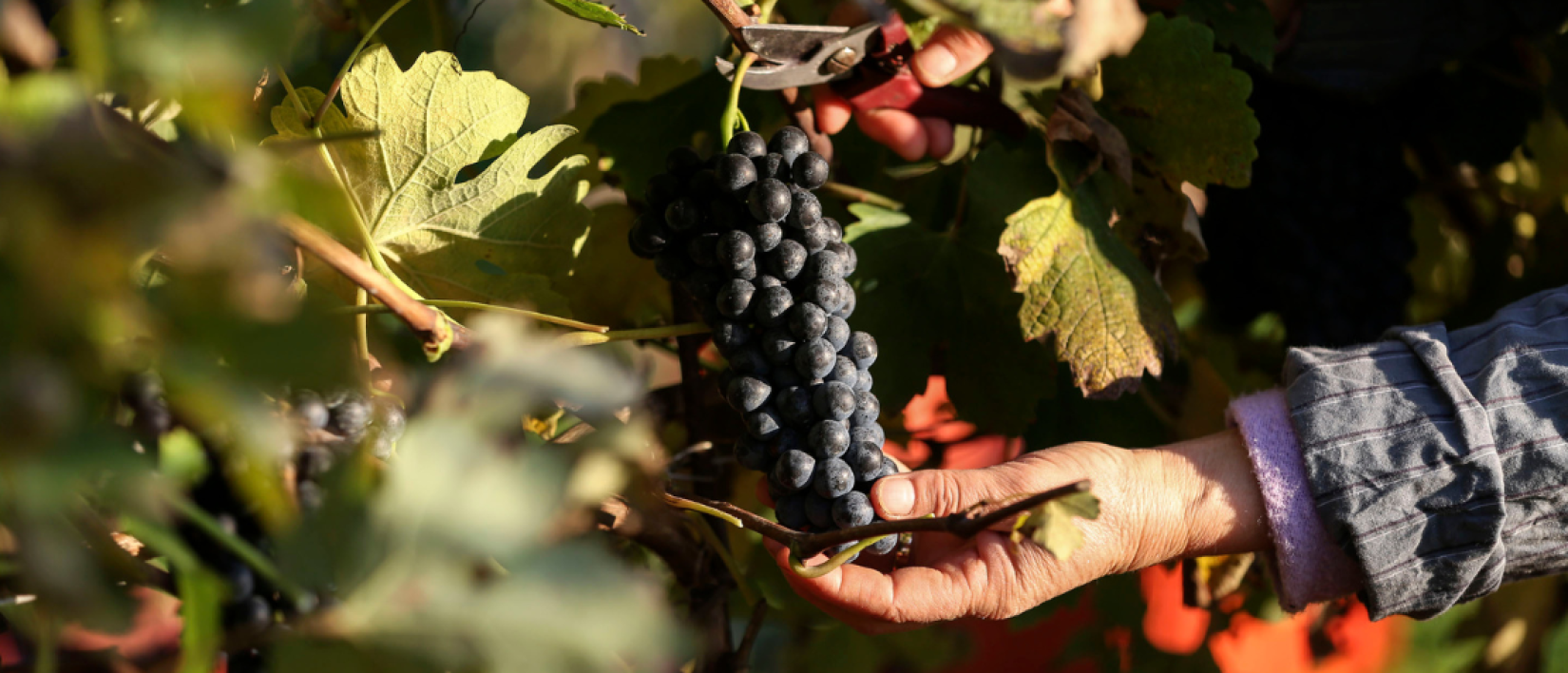Analysis of the table grape value chain will provide a roadmap for sector growth
26 July 2024
- A landmark workshop held recently launched a project that will transform the table grape sector in the Republic of Moldova to be more sustainable, resilient and competitive. The workshop brought together 70 key partners, including producers, processors, retailers, government officials, and representatives from international organizations to exchange views and share expectations of the project outputs. The project is a collaborative effort between the Food and Agriculture Organization of the United Nations (FAO) and the Moldovan Ministry of Agriculture and Food Industry.

The activities of the project will include field interviews with key players along the grape value chain as part of the initial analysis. The project will develop a comprehensive investment plan that will both encourage new financial resources and facilitate the smooth integration of this value chain into the current European Union development processes. It will establish five Farmer Field Schools across the country that will serve as platforms for practitioners to learn and adopt sustainable production techniques and marketing innovations. A knowledge hub will also be established, offering a repository of information pertinent to the table grape sector.
Building on a technical assistance agreement signed in February 2024, this initiative is part of FAO's global "One Country One Priority Product" (OCOP) programme. Moldovan table grapes, designated as the nation's flagship product under the FAO programme, are the focus of an in-depth analysis, utilizing the innovative Agrifood Systems Transformation Accelerator (ASTA), a methodology developed and implemented jointly by FAO and the United Nations Industrial Development Organization (UNIDO).
ASTA bridges the gap between agriculture and industry, recognizing the interdependence of these sectors in promoting inclusive and resilient food systems. The methodology will be instrumental in analysing the entire table grape value chain, from production to consumption, offering a holistic framework, considering economic, social, and environmental factors alongside traditional agricultural concerns.
Raimund Jehle, FAO Representative in the Republic of Moldova said that "by leveraging innovative approaches like the Agrifood Systems Transformation Accelerator, we are empowering stakeholders across the table grape value chain to make informed decisions, attract investments, and implement strategies that benefit everyone, from farmers to consumers."
"ASTA is not just a methodology; it's a catalyst for change," explained Pedro Marcelo Arias, FAO economist and the regional OCOP Coordinator. "It provides a roadmap for sustainable growth, enabling the Republic of Moldova to capitalize on its rich viticultural heritage and produce high-quality table grapes that meet the demands of both domestic and international markets."
“The Agrifood Systems Transformation Accelerator is not only interested in developing reports to store on bookshelves but also in identifying investment opportunities and channeling them into specific projects,” added Dona Scola, National Country Programme Coordinator at UNIDO. “In the Republic of Moldova, ASTA aims to enhance value addition in the table grape sector by promoting agroprocessing, while simultaneously covering green and inclusive angles. This enables table grape producers, including smallholder farmers, to compete in local, regional, and international markets.”
The Moldovan Minister of Agriculture and Food Industry, Vladimir Bolea, emphasized the importance of the sector and its development, saying that, "table grapes are a very important part of the economy of the Republic of Moldova. We produce approximately 130 000 tonnes annually, of which 60 percent are exported. The prices obtained by farmers in recent years have been very good. All these aspects make us believe that the production of table grapes has a very promising future. FAO has supported us by developing a program to analyse value chains, how we grow grapes, and diversifying varieties. From this baseline, we will develop a clear and well-defined approach for the production, growth, promotion, and export of table grapes, as well as the development of agriculture in general."
Event: Workshop: Promoting long-term, sustainable, green development and resilience of the table grape value chain
Regional Knowledge Platform on One Country One Priority Product (OCOP) in Europe and Central Asia
Investment accelerates resilient and sustainable agrifood sector in Republic of Moldova





